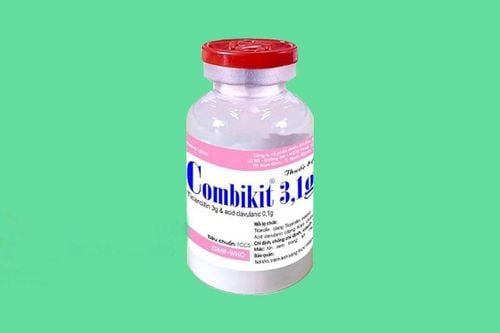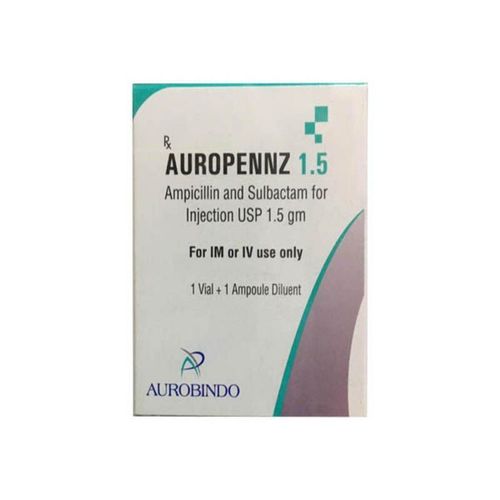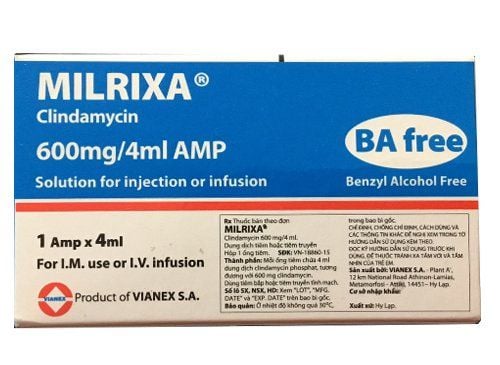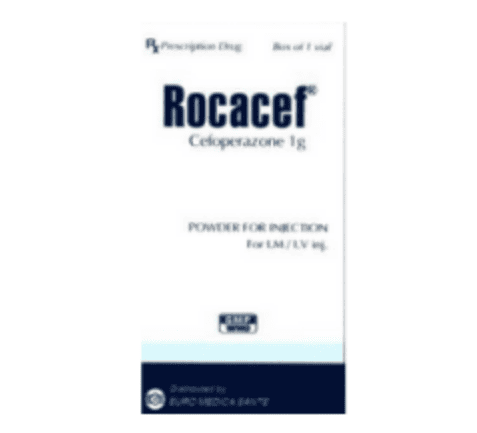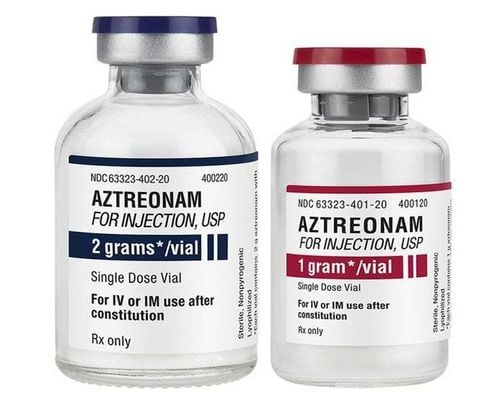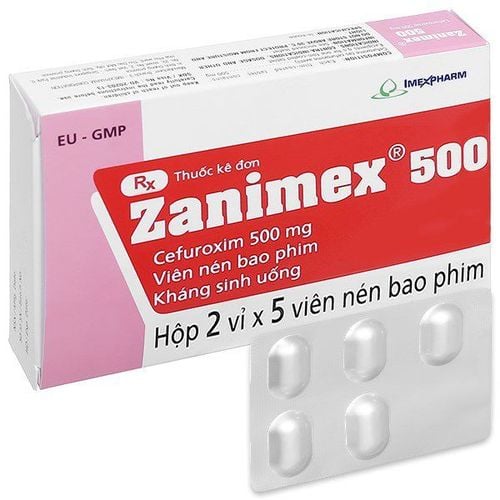This is an automatically translated article.
Cledamed 300 contains the active ingredient Clindamycin, which is made in the form of hard capsules. The drug is used to treat patients who are allergic to penicillin and to treat infections with bacteria sensitive to clindamycin such as Bacteroides fragilis, Staphylococcus aureus. Let's learn about the uses and notes when using Cledamed 300 through the article below.
1. What are the effects of Cledamed 300?
Cledamed 300 is indicated for use in the following cases:
Prevention of infections caused by surgical implants for patients allergic to penicillin or who have been treated for a long time with penicillin endocarditis. Severe respiratory tract infections caused by anaerobic bacteria, Streptococcus, Staphylococcus and Pneumococcus, or aspiration pneumonia and lung abscess. Intra-abdominal infections such as intra-abdominal abscesses and peritonitis. Infection of a purulent wound caused by surgery or trauma. Blood infection. Severe infections of the female pelvis and genital tract such as: post-operative vaginal cuff infection due to anaerobic bacteria, non-gonococcal tubal abscess, endometritis, pelvic cellulitis . Traumatic eye injury. Acne is caused by bacteria that are resistant to other antibiotics. Gaseous gangrene.
2. How to use and dose Cledamed 300
Depending on the type of infection and the severity of the disease, the duration of treatment with the drug will vary. For infections caused by group A beta-hemolytic streptococci, clindamycin treatment should be continued for at least 10 days. For severe infections such as endocarditis or osteomyelitis, treatment should be at least 6 weeks.
Cledamed 300 should be taken orally according to the doctor's prescription or you can refer to the dosage as follows:
Adults: Take 150-300mg/time, every 6 hours. If the infection is severe, take 450mg/time, every 6 hours. Children: Take 3-6 mg/kg body weight/time, every 6 hours. For children under 1 year old or weighing less than 10kg, take 37.5mg every 8 hours. For the prevention of endocarditis or bacterial infection due to surgical implants: 600mg orally 1-2 hours before surgery and 300mg orally 6 hours after surgery. Note: The above recommended therapeutic dosage for Cledamed 300mg is for reference only. Therefore, patients should consult a doctor before using the drug.
In case of accidental overdose and symptoms such as weakness, behavioral changes, convulsions appear, immediately empty the stomach by inducing vomiting or gastric lavage and notify the doctor immediately. or take them to the nearest medical facility for examination and symptomatic treatment.
3. Undesirable side effects of Cledamed 300
Common undesirable symptoms when using the drug such as:
Nausea, vomiting, diarrhea, dysgeusia caused by Clostridium difficile, pseudomembranous colitis, esophagitis Urticaria, jaundice, dermatitis bullous, measles-like skin rash Eosinophilia, neutropenia, agranulocytosis, thrombocytopenia ... When abnormal symptoms or undesirable effects appear as above, people Users should stop using the drug immediately and consult a doctor or go to the nearest hospital for timely examination and treatment.
4. Cledamed 300 . drug interactions
Some interactions with Cledamed 300 are as follows:
Clindamycin may increase neuromuscular blocking agents. Clindamycin limits the effectiveness of oral contraceptives. Diphenoxylate, loperamide or opiates decrease intestinal motility, which may increase the risk of colitis associated with clindamycin. Clindamycin and Erythromycin have been shown to be antagonistic in vivo, with cross-reactivity between clindamycin and lincomycin. Because of the clinically significant antagonistic effect, the concomitant use of these two drugs is not recommended. Oral typhoid vaccine is inactivated when given concomitantly with antibiotics, therefore, clindamycin should be avoided for 3 days before and after administration of this vaccine.
5. Some notes when using Cledamed 300
Use with caution in children < 1 month of age, the elderly, patients with gastrointestinal disease, or a history of colitis, especially in the elderly. Dosage adjustment and periodic monitoring of liver enzymes as well as blood cell tests are required during long-term treatment in patients with severe hepatic impairment. This medicine should only be used during pregnancy if clearly needed. Hopefully, the information shared about the uses, usage and some necessary notes about Cledamed 300 will help users understand and use the drug safely.
Please dial HOTLINE for more information or register for an appointment HERE. Download MyVinmec app to make appointments faster and to manage your bookings easily.




